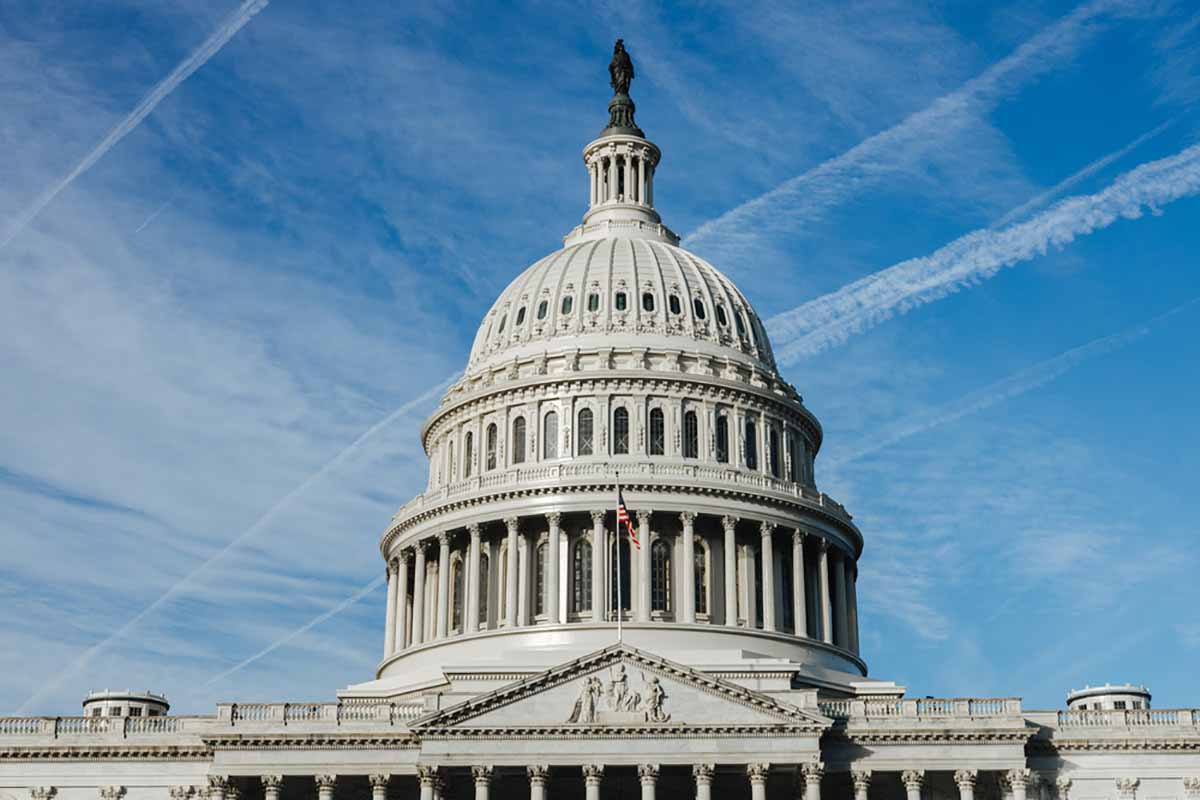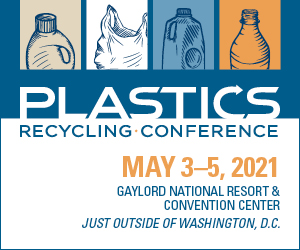
The latest bill includes $284 billion for the Paycheck Protection Program. | Dennis Diatel/Shutterstock
Congress sent President Trump a spending bill that includes $900 billion in coronavirus-related relief aid, with nearly one-third of the money dedicated to small business assistance.
The $2.3 trillion bill combines virus relief money and funding for regular federal government operations. According to Bloomberg law, the legislation’s $900 billion in pandemic-related assistance is the second-largest economic relief effort in U.S. history, after the $2 trillion Coronavirus Aid, Relief, and Economic Security (CARES) Act signed in March.
After President Trump’s aides initially indicated he would sign the bill, Trump on Tuesday, Dec. 22 criticized the legislation. He called for payments to individuals to be increased from $600 to $2,000, a move that has been supported by Democratic but not Republican leadership.
A few scenarios could now play out: Trump could relent and sign the bill, Congressional Republicans could relent and approve $2,000 payments to individuals, or Trump could veto the bill and Congress could override a veto, given the bill initially passed with an overwhelming, veto-proof majority.
The bill includes $284 billion for the Paycheck Protection Program (PPP), which helped many recycling companies weather the economic slowdown starting earlier this year (Resource Recycling, Inc., publisher of Plastics Recycling Update, received a $92,000 PPP loan earlier this year). A Resource Recycling analysis of recently released data showed over $850 million in PPP funds flowed to materials recovery facility (MRF) operators and recyclables trading companies this year.
Recycling companies that previously received a PPP loan can qualify to receive another one if they meet certain conditions, including that they have 300 or fewer employees and can demonstrate that during any quarter in 2020 they had a year-over-year decrease in gross receipts of 25% or more. Also, the new PPP forgivable loans will not be counted as taxable income, and tax deductions can be taken for expenses paid with the money.
President-elect Biden called the $900 billion a “down payment” and is pushing for more spending, according to The Washington Post (subscription required).
More stories about legislation
- NY legislative session ends, again without EPR
- Both coasts see DRS program changes
- UN member countries bring focus to plastic treaty



